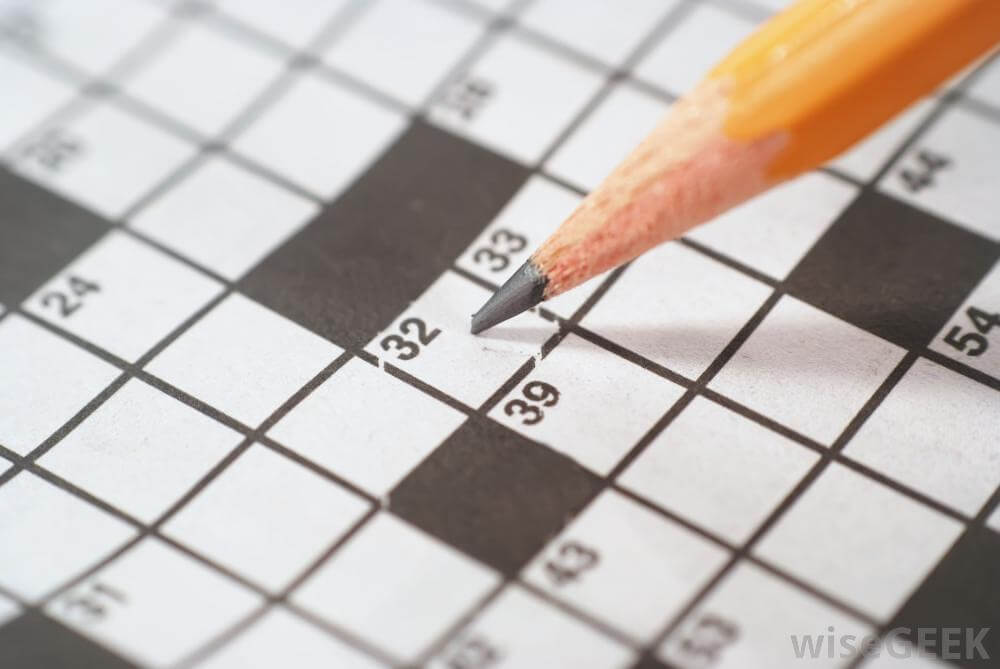Tired of that torturous frustration that only comes with having a couple of words left? How about that even worse frustration brought on by “Oh, crap. I don’t know any of these!”? Whether you’re a pen-wielding hardcore crossworder or a WiFi-deprived commuter simply looking for entertainment, take a look at these helpful tips to get yourself across* the crossword hurdle! *We apologize in advance. This is the first of many crossword puns**
**Actually. it’s the second. Take a look at the subtitle.
1. Start with the big words
We know, we know: seriously? But the fact of the matter is that seven- or eight- letter words fitting a certain description are much fewer and farther between than shorter words. Also, did you know that a lot of words are recurring between puzzles because of length and spacing issues? Turns out there aren’t infinite words for “Boredom shown by nun that is upset.” Go figure. (We’ll leave it to you to figure that one out. Mostly because we haven’t.) 2.Know grammar clues
If a clue is worded as a verb, the answer is a verb. Same goes for all the other parts of speech. Clues match words. For example, “Moving your feet really fast in Central Park as part of a morning workout” (pretend that’s a good hint) would always be “running,” not “run.” The hint is worded with an –ing verb, so chances are the answer will be one, too. 3. Think beyond your first instinct
This goes against what is usually a Cardinal Rule of Guessing: go with your gut. However, crosswords are usually more complicated and nuanced than what our first instincts allow. Look for double meanings in hints. Usually, the hint won’t be referring to the most obvious interpretation of itself. 4. Puns are your best friend (and worst enemy)
This is an extension of the double-meaning tip, but it is SUCH a big part of the crossword world that it deserved its own place on the list. Puns are everywhere. It makes sense: wordplay in a game of words. But seriously: crossword creators, we assume, take no greater joy than in duping you over a cleverly-crafted pun. One often-used example is “A doctor’s number” being used as a hint for the word “Anesthetic.” Haha. Ha. 5. There’s a fine, fine line between a guess and an assumption
Guessing is good. If you’re one of the too-legit-to-quit people who do their crosswords in pen, it’s a special exercise in badassery. Don’t be afraid to make educated guesses about letters. The letter “e,” for example, is the most common in the English language (I know all of you who are well-versed in crosswords are laughing at me for even having to mention this, but let’s consider our beginner friends, shall we?). It wouldn’t be too presumptuous of you to assume that a space that is obviously a vowel is probably to be taken up by an “e.” From there, you can go on to make other (hopefully correct) guesses about surrounding words. When guessing, though, always consider the possibility that you might be wrong, and keep your mind open to alternatives even as you build on the guess. If not, you, my friend, are in serious danger of assuming. The single most important thing to remember is not to get cross (sincerest apologies. We had to). Also, always have a good time and be thankful that you’ve got yourself a rush-hour subway distraction. Happy word-searching! Like what you read? Follow Maria Barbera on Twitter: @mariabarberanyc
5 Tips on Mastering Crosswords

WiseGeek












